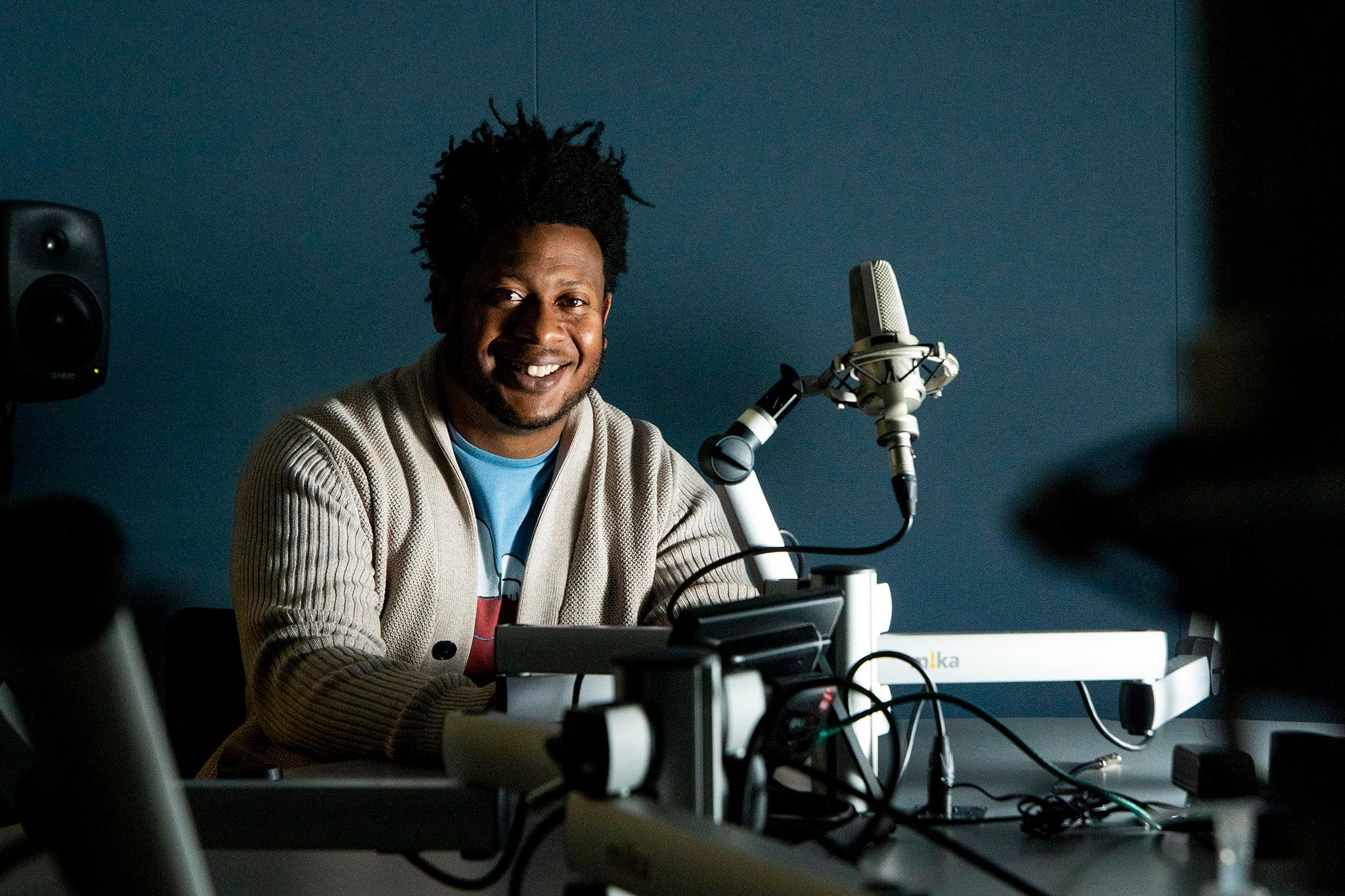
Before winning the $50,000 Whiting Award for emerging writers, Colorado novelist Steven Dunn was a trash collector and a sailor trying to avoid claustrophobia aboard a submarine.
He enjoyed one of those jobs much more than the other.
“To this day it’s like the funnest job I've ever had,” he tells Colorado Matters. “I like being outside and I like nature. I mean, I'm not necessarily fond of trash!”
But he is interested in what people discard because he sees beauty in it.
In his 2016 debut novel “Potted Meat,” Dunn draws inspiration from his childhood in rural West Virginia. The story has been turned into a short film that features a trash collector.
Dunn, who teaches creative writing at Regis University in Denver and Cornell College in Iowa, says there are parallels to living in what he calls a discarded place as discarded people.
“People leave Appalachia out of the conversation mostly. And then within that, they don't talk about Black people living there. So it's like these multiple layers of being discarded,” he said.
Dunn won the 2021 fiction writing prize from the Whiting Awards, which award and financially support creative writers pursuing works across various formats.
Real life (specifically military life) also inspired Dunn’s second novel, 2018’s “water & power.” Dunn served in the Navy and surrendered to the claustrophobia of submarine life. “So like allowing yourself to be claustrophobic and kind of crazy was the best way for me to go about it. Like ‘I’m on here. I can’t go anywhere. This is it.’”
He says he tried not to hate his life during that time.
But military service was a way of getting out of small-town West Virginia and paying for college. He earned a B.A. in creative writing at The University of Denver after a decade in the Navy. “I joined because of poverty,” Dunn says.“My kids aren't poor, so hopefully they don't have to do that.”
Dunn says he didn’t know student loans were an option when he was in high school.
The Whiting Award has been a nice boost for Dunn. (He says the hefty funds were deposited directly into his account-- if you’re curious.) The prize helps carry him into his next project, which is a work of non-fiction about the influential rapper Nas.
Why Nas? “I was never a big reader, but I listened to a lot of rap albums,” Dunn answers. Nas’ songs were his literature growing up, he says.
“I like stories. He's always telling stories… a lot of his stuff is like movies to me,” Dunn says. “I've always been able to visualize everything he's been saying."









